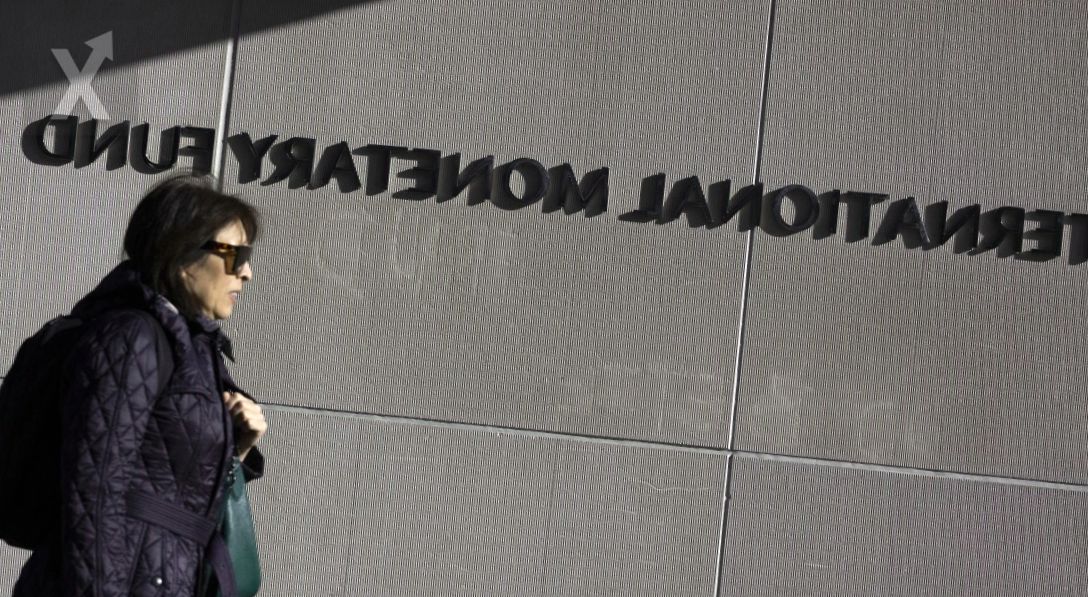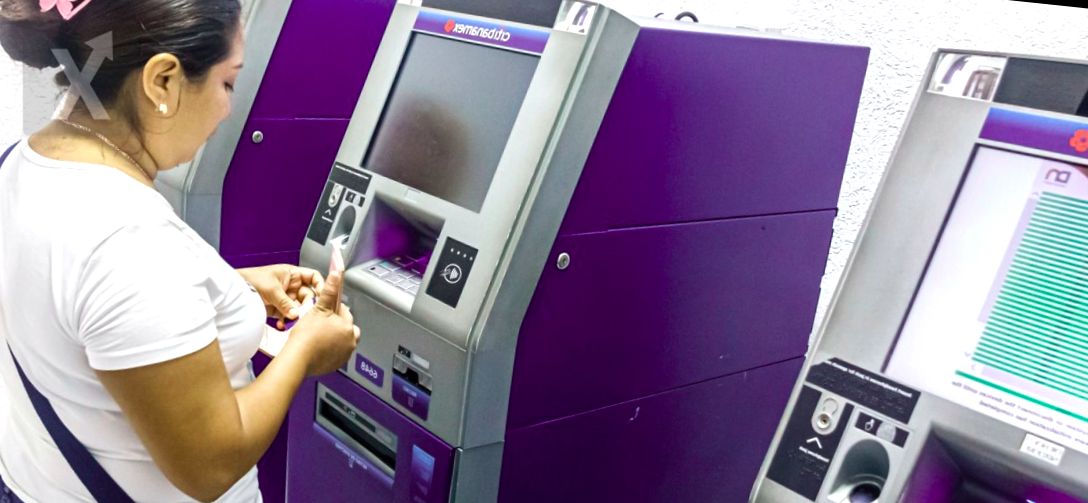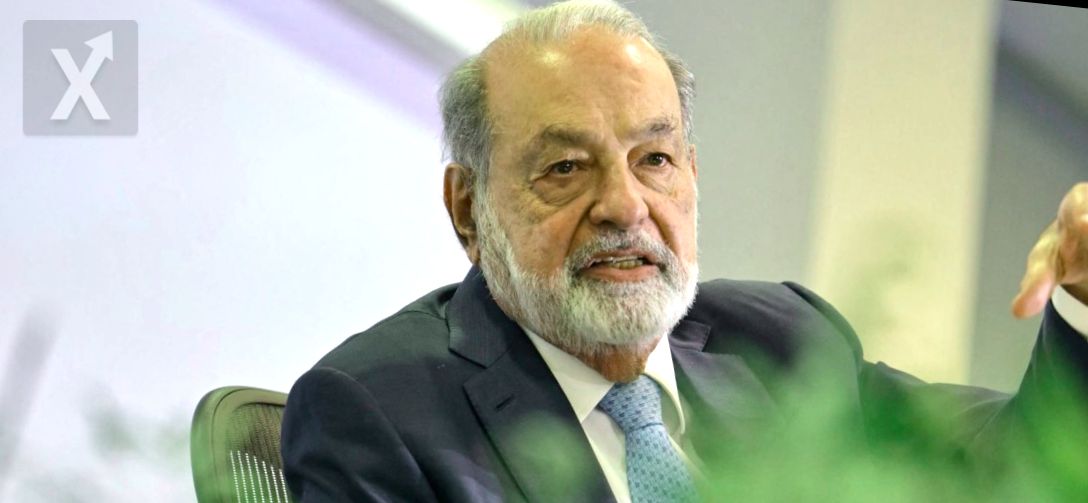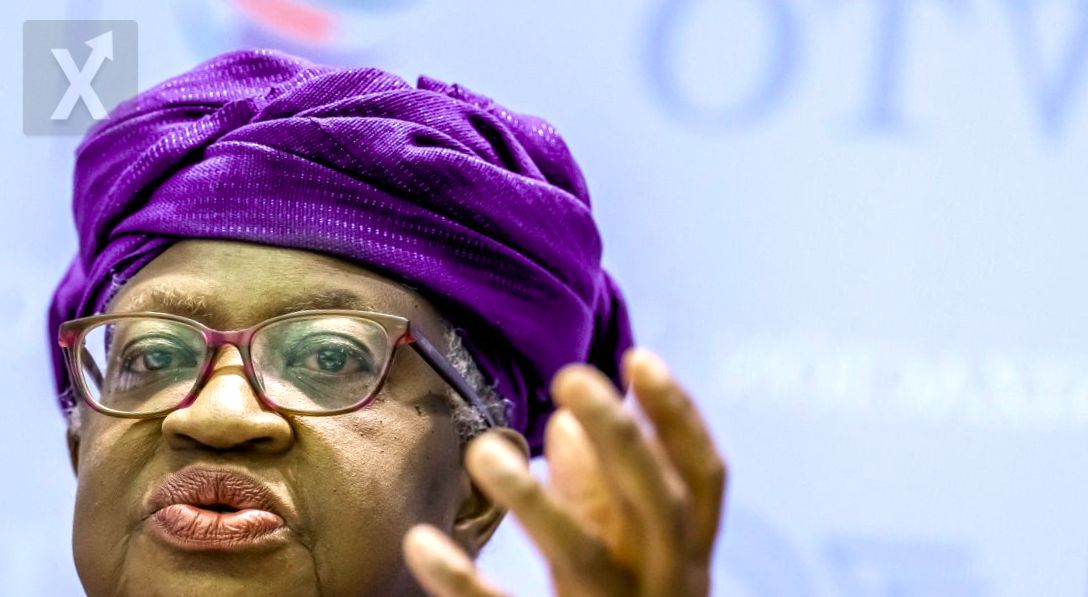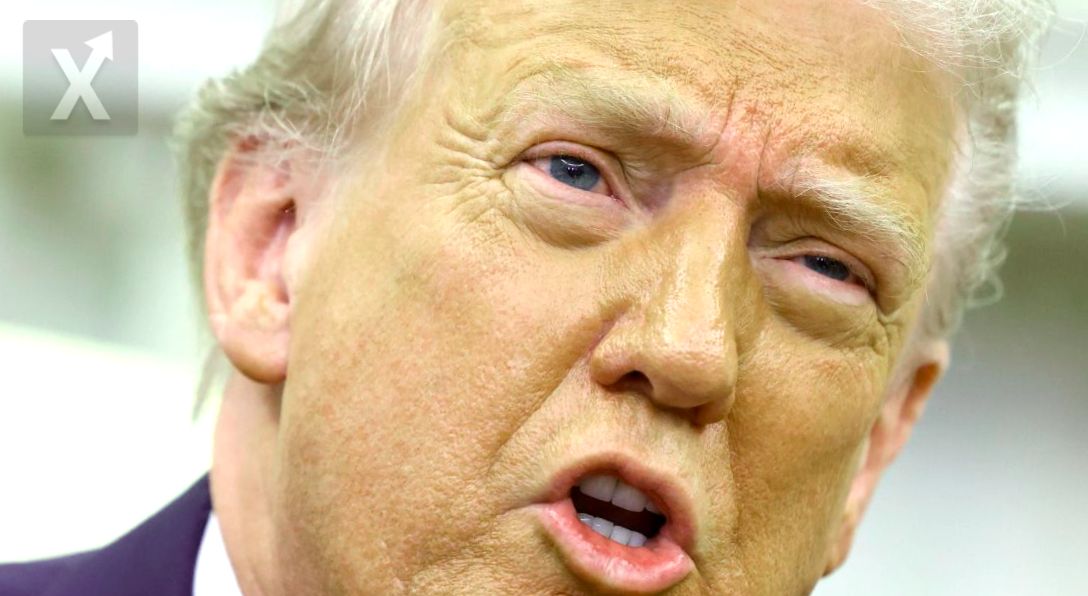CNBV imposes fines of 216 million pesos for failures in combating money laundering
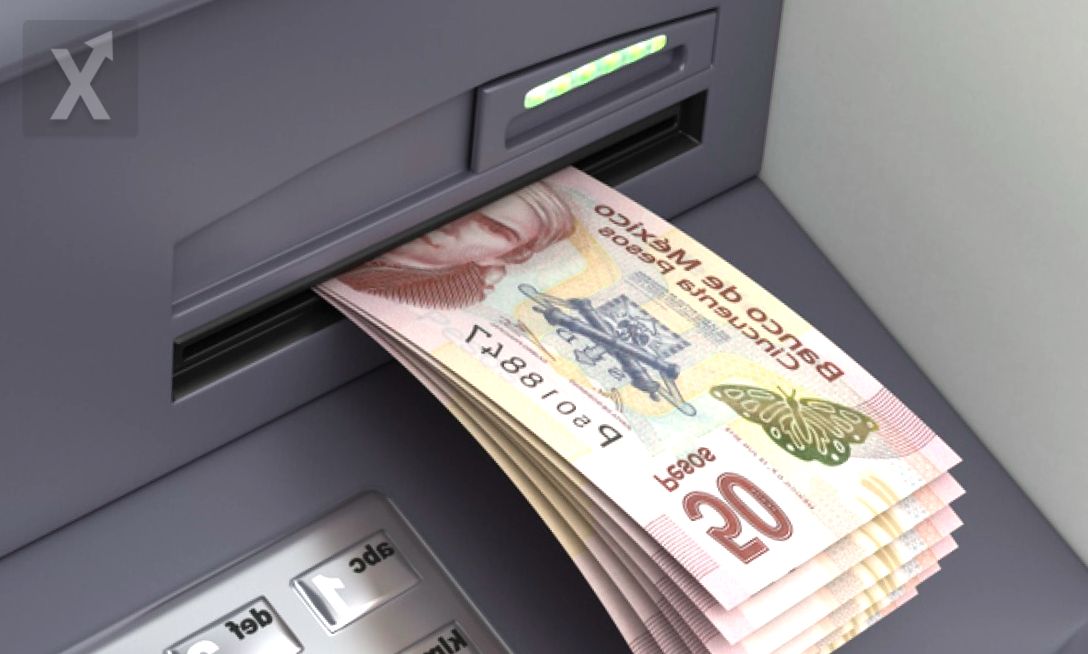
Sofomes and currency exchange centers have become the most exposed financial actors to money laundering. This is evident from the fines imposed by the regulator on these entities last year. The National Banking and Securities Commission (CNBV) applied around 800 sanctions in 2024, totaling 216.2 million pesos. This figure represents a 162% increase compared to the fines of 2023, according to reports from the agency.
Increased control following cartel identification
The fines imposed on banks, Sofomes, currency exchange houses, and other institutions during 2024 were the highest in several years. As 2025 begins, specifically in January and February, penalties reached 30 million pesos, with Sofomes and banks facing the most significant costs. Sanctions for deficiencies in money laundering controls are crucial at a time when the U.S. government has classified drug cartels as terrorist groups. This implies, according to experts, that there will be much stricter regulation for institutions. Those entities that fail to safeguard their processes, customer identification, or transactions run the risk of losing their operating licenses or facing hefty fines.
Sofomes, the most penalized The fines accumulated by some Sofomes, such as Progreso Cote, Otorgaplus, or Capital Haus, from the CNBV in 2024 were due to their failure to report relevant transactions of their clients. A notable case was Invex, which was fined last December for not having an automated system capable of detecting unusual transactions or movements by its customers, facing a fine of over 400,000 pesos. The Olympia Currency Exchange Center was severely fined over one million pesos due to the lack of a file identifying individuals who conducted transactions over 1,000 dollars. Similarly, brokerage firms like Bursamétrica received seven violations totaling over 10 million pesos for deficiencies in managing customer information files. Until February of this year, the highest fines were imposed on Sofomes and banks, with 8.4 million and 6.7 million pesos, respectively. Notably, ALD Fleet, a Sofom, incurred three fines totaling over 2 million pesos for lacking automated systems to verify information on blocked individuals and unusual transactions. Among banks, BBVA Mexico and Bank of China accumulated the most fines, totaling 6.7 million pesos. The CNBV reported on February 27 that it would increase supervision of financial entities in light of the recent designation of six Mexican drug cartels as terrorist organizations by the U.S. government. "We are reinforcing the Commission's oversight, looking for areas where we can improve to avoid problematic situations," stated Jesús de la Fuente, president of the CNBV, following his participation in the Fintech Mexico Festival.It is essential for financial institutions to comply with these regulations not only to avoid hefty fines but also to maintain consumer confidence and the integrity of the financial system as a whole. Preventing money laundering is not just a matter of legal compliance; it can also impact the economic stability of the country. In the search for greater transparency, every player in the financial sector has a crucial role to fulfill.


